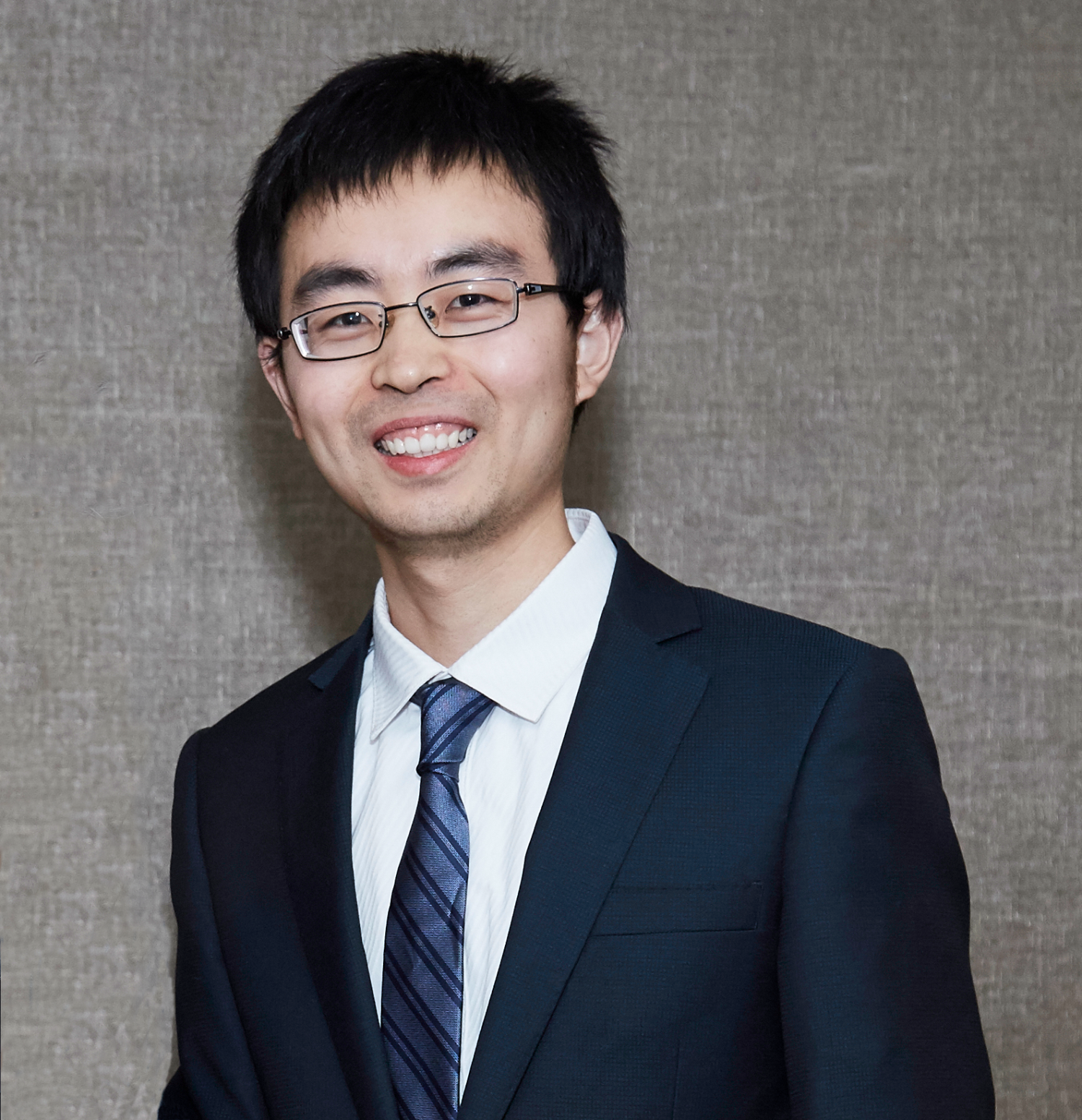Cui earns CAREER Award for research in nanoelectronics and renewable energy technology
Assistant Professor Longji Cui has received a prestigious National Science Foundation Faculty Early Career Development (CAREER) Award for research he hopes will improve the next generation of nanoelectronics and renewable energy technology.
As nanotechnology continues to miniaturize to near atomic scale, while simultaneously becoming more powerful, the need to understand heat transfer at the fundamental single molecule level becomes crucial. And yet the behavior of heat at the microscopic scale, and the ways in which it can be leveraged to make devices more efficient and less wasteful, is little understood.
With the help of this funding, Cui is looking to fill that knowledge gap. NSF CAREER Awards provide over $500,000 over a period of five years for early career faculty who are dedicated to research and education.
“One of the major challenges for the next generation of nanoelectronic devices is heat transport and dissipation,” Cui said. “When you’re at that smallest physical scale possible, heat is dissipating over a much smaller area, which makes the density of it even higher.”
Cui has remained focused on this problem throughout his academic career. In 2019, he published a groundbreaking paper in Nature called “Thermal conductance of single-molecule junctions,” which carried out the first study that measured thermal conductance through a single molecule.
Not only was Cui the first to make these measurements, but the tools and techniques with which he made them were of his own creation, too.
Cui developed a heat-detecting microscope that operates with sub-nanometer spatial resolution and picowatt (one trillionth of a watt) energy resolution. Called ultra-high resolution scanning thermal probe microscopy, or SThM, the microscope allowed Cui to carry out the measurements.
With the funding from the NSF CAREER Award, Cui will continue to push his research to the bleeding edge. In his experiments, Cui has begun to pioneer a new field called molecular phononics, which studies how certain quantum phononic effects could influence thermal transfer.
“Phonons are major carriers for thermal transport at the quantum level,” said Cui, “like electrons for electrical transport.”
Cui thinks a better understanding of different quantum electronic and phononic thermal effects could be crucial to improving heat dissipation and thermoelectric energy conversion at the microscopic level.
This bottom-up approach to energy conversion could not only have outsized effects on the next generation of nanotechnology but on the field of renewable energy, too. Cui’s research will investigate how the conversion of heat to electricity at the molecular level could lead to a more efficient waste heat harvesting technology in the future.
“Working in Professor Cui’s lab puts you in direct contact with some of the leading new fields in thermodynamics and quantum mechanics,” PhD student Sai Yelishala said. “He’s very ambitious.”
Cui wants the next generation of nanoengineers and thermal scientists to be at the vanguard of this research. He also wants to make sure that women and other groups underrepresented in engineering are a major part of this new generation.
“The cutting-edge fields of nano and quantum thermal engineering are something a mechanical engineer are perfectly suited for,” Cui said. “But first we need to update the curriculum.”
Cui is already teaching a class on quantum engineering for graduate students, but he wants to offer the class at the undergraduate level as well. Cui also plans on developing project-based, hands-on teaching modules for K-12 students that incorporate his expertise in ultra-high resolution scanning thermal probe microscopy.
“Students know about the worlds of nano and quantum technology,” said Cui, “but we need to get it at their fingertips.”
Cui is a faculty member in the Paul M. Rady Department of Mechanical Engineering and the Materials Science and Engineering Program. Seven faculty members from the College of Engineering and Applied Science received CAREER Awards in 2023.


